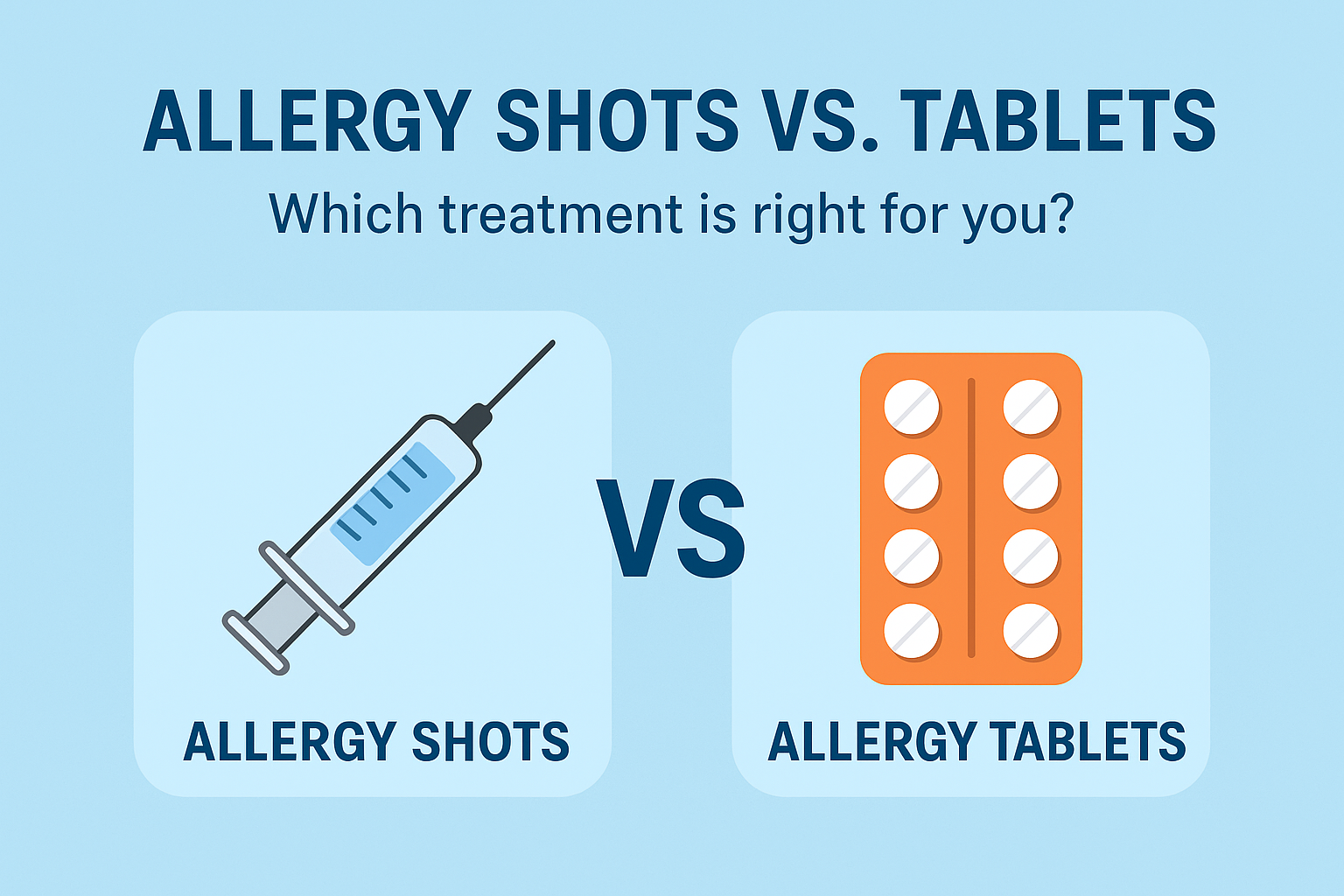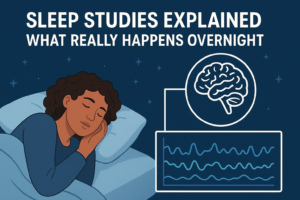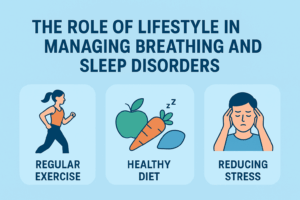🤧 Allergies: More Than Just a Seasonal Struggle
If you’re tired of limitless sneezing, scratchy eyes, and congestion, you’re not alone. Numerous Americans struggle with allergies annually– and many are exploring immunotherapy as a lasting service.
But when it involves therapy, clients typically ask:
👉 Should I pick allergy shots or allergic reaction tablet?
Allow’s break down both alternatives so you can make an educated choice with your specialist.
💉 What Are Allergy Shots (Subcutaneous Immunotherapy)?
Allergy shots entail regular injections that gradually subject your immune system to allergens (like plant pollen, dust, or animal dander). In time, this develops tolerance and minimizes allergic responses.
How it works:
-
You’ll get tiny dosages weekly during the build-up phase.
-
When you reach your maintenance dosage, visits usually happen once a month.
-
A lot of clients observe long-term renovation after 3– 5 years of treatment.
Best for:
-
Several allergies (pollen, dust, pet dog dander, mold).
-
Moderate to severe hay fever or bronchial asthma.
-
People who can commit to normal center visits.
💊 What Are Allergy Tablets (Sublingual Immunotherapy)?
Allergic reaction tablet computers are a practical, at-home choice where little dosages of irritants are liquified under the tongue.
How it works:
-
The tablet trains your body immune system to become less sensitive gradually.
-
The initial dosage is taken in a medical professional’s workplace, after that proceeded daily in your home.
Best for:
-
Individuals adverse grass, ragweed, or allergen
-
Those who choose a needle-free option
-
Patients with busy schedules
⚖️ Allergy Shots vs. Tablets: Side-by-Side Comparison
| Feature | Allergy Shots | Allergy Tablets |
|---|---|---|
| Form | Injections at clinic | Oral tablets at home |
| Best For | Multiple allergens | Single allergen |
| Frequency | Weekly → Monthly | Daily |
| Effectiveness | Very high (multi-allergen) | High (specific allergens) |
| Convenience | Requires office visits | Convenient, at home |
| Safety | Monitored in clinic | Safe, mild side effects |
| Duration | 3–5 years | 3+ years |
🩺 Which Option Is Right for You?
Your choice depends on:
-
Type of allergen (shots cover more allergens than tablets)
-
Lifestyle & availability (shots need clinic visits; tablets can be taken at home)
-
Comfort with needles
-
Severity of symptoms
A board-certified allergy or pulmonary specialist can help tailor a plan that fits your health goals and daily routine.
🙋 Patient FAQs
Q: Are allergy shots more effective than tablets?
Allergy shots generally offer broader and longer-lasting relief, especially for multiple allergies. Tablets are effective for specific allergens.
Q: Are allergy tablets safe for children?
Yes. Under medical supervision, they’re safe for kids over age 5 with grass, ragweed, or dust mite allergies.
Q: How soon will I feel better?
Most patients notice improvement within 3–6 months for tablets and 6–12 months for shots.
Q: Can I switch from tablets to shots?
Yes, your doctor can adjust your treatment plan based on your response or convenience.
🌼 The Bottom Line
Both allergy shots and tablets can significantly reduce your symptoms and improve quality of life. The best treatment is the one that fits your allergen profile, schedule, and comfort level—under the guidance of an experienced specialist.
🌟 Ready to Breathe Easier?
Don’t let allergies hold you back this season.
Our Houston allergy and pulmonary specialists are among the highest-rated in the city, trusted by patients for safe and effective care.
📞 Call 832-263-1177 today or
🖊️ Book your appointment online: BreatheSleepMD New Patient Forms
💬 With hundreds of ⭐⭐⭐⭐⭐ Google reviews, patients choose us for personalized allergy relief that truly works. Start feeling better today.




